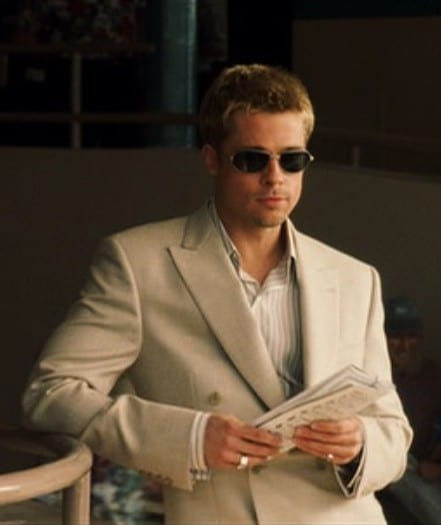by Kirk Wakefield – November 2016 Meaningful Careers Begin With Meaningful Relationships We need meaningful relationships. Young employees thrive or dive on the strength of positive relationships in the workplace. Such important relationships should start well before college students graduate. We spend the bulk of adult life with people at work (see chart). According to…Continue Reading Why are internships so important for employers?
Why are internships so important for employers?



